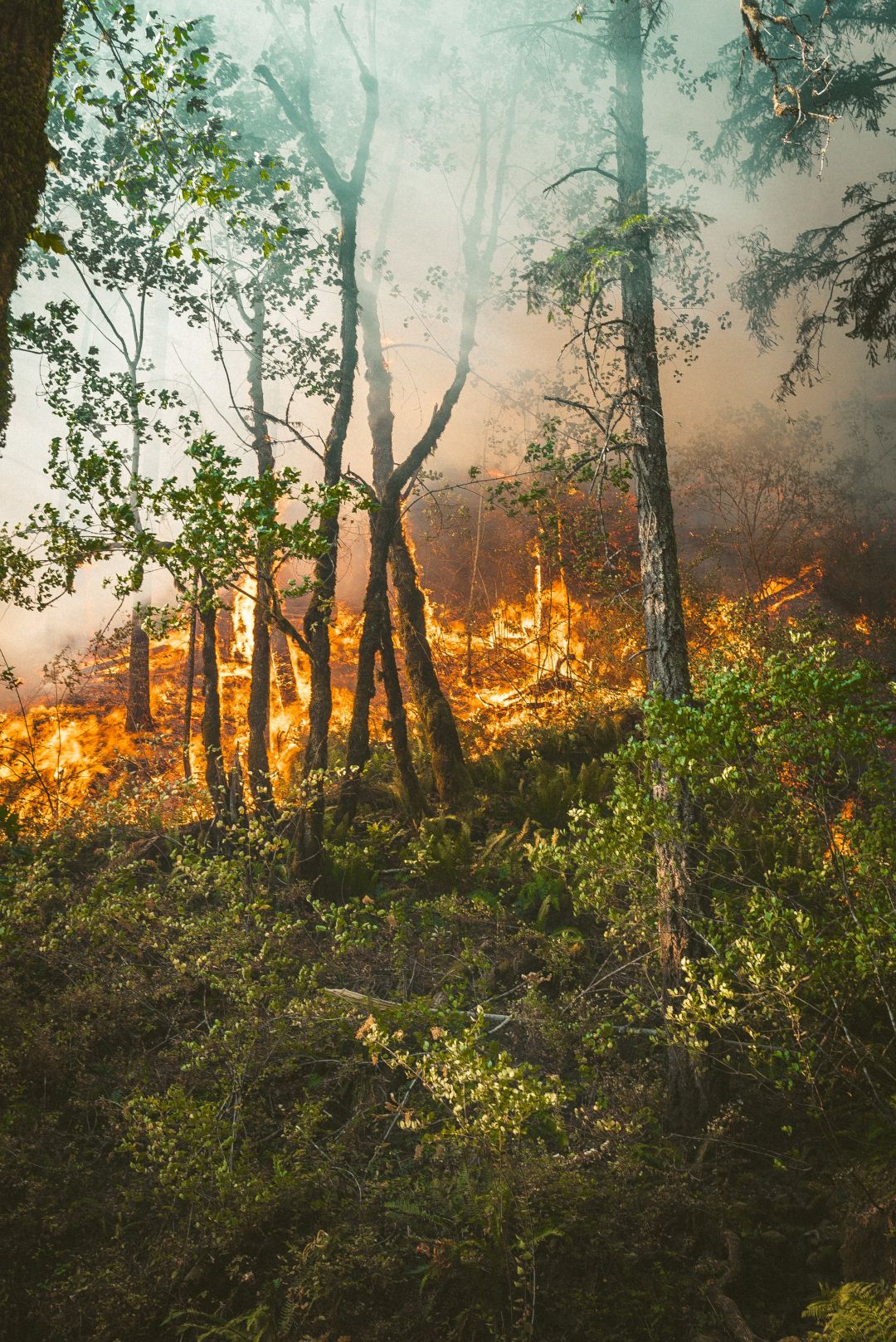“Everything is going to burn. Our land, our animals, and our house.”
This article originally appeared in Common Dreams.
By ANDREA GERMANOS
Southern Europe continues to bake and burn under intense heat Monday as scores of fires have forced evacuations and caused mass destruction across Italy, Greece, and Turkey.
“We are facing the worst heat wave since 1987,” Greek Prime Minister Kyriakos Mitsotakis said Monday, referring to week-long soaring temperatures that year which claimed over 1,000 lives.
Greek authorities issued warnings of “dangerous” heat, and on Monday, inland parts of the country reached as high as 45° C (113 ° F). The worst of the region’s heat is expected to fall Monday and Tuesday, according to AccuWeather meteorologists, with temperatures possibly topping the continental record of 48° C (118.4° F).
“Conditions look to remain very hot for much of the week, and will continue to rival record high temperatures,” said AccuWeather meteorologist Alyssa Smithmyer.
Intense heat in the region has fueled wildfires.
From Agence France-Presse:
Deputy Civil Protection Minister Nikos Hardalias said that there had been 1,584 fires across Greece in July compared to 953 in 2019, and that there had been 116 new blazes in just the last 24 hours.
“We are no longer talking about climate change but about a climate threat,” he told Star TV.
Wildfires have been sweeping through parts of Turkey as well. Now in their sixth day, they’ve been blamed for at least eight deaths and the hospitalization of over two dozen people.
Muzeyyan Kacar, a 56-year-old resident of the Turkish village of Kacarlar, gave a devastating account to CNN of the devastation.
“The animals are on fire,” she said. “Everything is going to burn. Our land, our animals, and our house. What else do we have anyway?”
Social media users have been sharing dramatic images of the blazes in Turkey and harrowing escapes:
While the majority have been extinguished, responders were still tacking seven blazes in the coastal provinces of Antalya and Mugla—popular tourist areas, and in Tunceli, southeast Turkey…
The wildfires are the worst of their kind in at least a decade, with nearly 95,000 hectares (235,000 acres) burned so far this year, compared with an average of 13,516 at the same point in the years between 2008 and 2020.
The international conservationist group WWF said the heat and fires in the region must be seen by world leaders as a reason to act urgently on climate:
The situation prompted regional governor Christian Solinas to declare a state of emergency and call it “a disaster without precedent.”
Southeast Europe’s heatwave, however, “is not at all unexpected,” climate scientist Dann Mitchell told the Associated Press, “and very likely enhanced due to human-induced climate change.”


I’ve been wondering if scientists have estimated the odds of wildfires changing the entire landscape of the planet, if this continues over years or decades. For instance, what is the likelihood that the entire American West could be deforested by fire, and how much would that add to the extinction rate?
This is infinitely worse than the attack on Pearl Harbor, which resulted in the U.S. suspending auto manufacturing for four years, rationing gasoline, etc. Were we really more afraid of the Japanese Navy than we are of the power (and vulnerability) of nature?
After all, Tojo and his admirals only wanted economic domination of the Pacific rim countries. They weren’t trying to kill off global sea life, turn rainforests into arid prairies, or alter Earth’s climate.
Where are our priorities?
Exactly Mark. In politics (and in life in general), priorities are just as important as which side you’re on, and in many if not most instances, they’re more important. Human priorities relevant here are money, power, and lifestyles, not LIFE or the natural environment. See my comment below.
Tell me again how the human race does not fit the medical definition of being a cancerous tumor on the Earth. And please don’t cite the tiny fraction of 1% of humans who are hunter-gatherers. While that’s exactly how all humans should live, we left that way of living thousands of years ago. The few remaining hunter-gatherers are nothing more than obsolete relics regarding any characterization of what humans are.